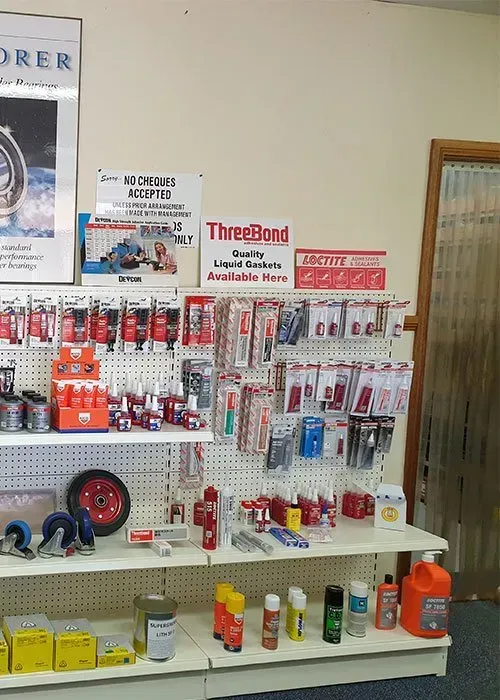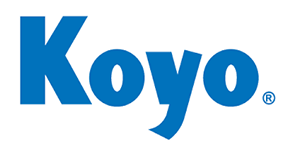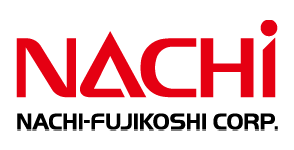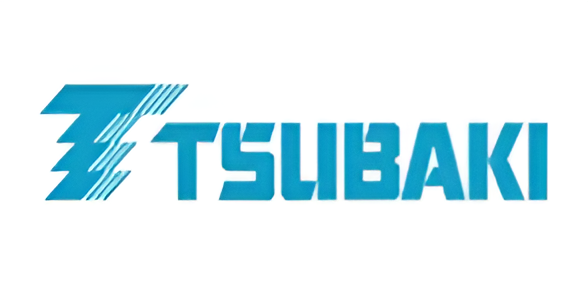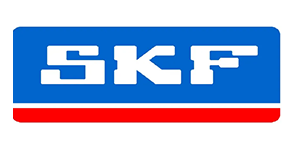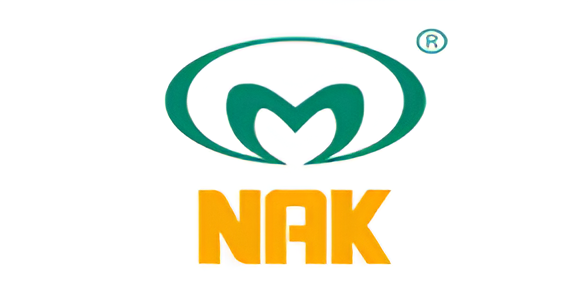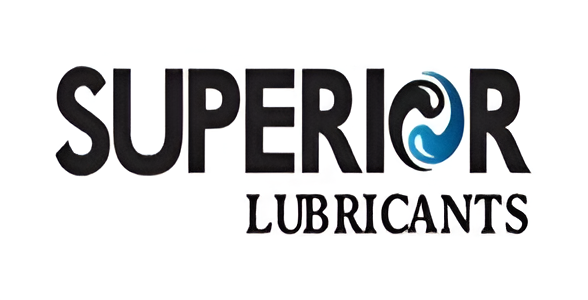Sealant on the Mid North Coast
- Fast delivery across the Mid North Coast
- Stocked with trusted, quality brands
- Knowledgeable, hands-on customer support
Request a call back
Thank you for contacting Mid Coast Bearing Centre.
We will get back to you as soon as possible.
Oops, there was an error sending your message.
Please try again later.
Mid North Coast Sealant
To form a secure barrier to prevent fluids from leaking, you need a high-quality sealant. At Mid Coast Bearing Centre, we supply sealant solutions for the industrial, agricultural, and automotive markets.
Whether you're working on machinery repairs, engine components, or heavy equipment maintenance, we’ve got products designed to meet the demands of your specific application. Rest assured, we only supply sealants from the most reputable brands, known for their durability, resistance to pressure, and long-lasting performance in tough environments.
When you visit our Taree sealant suppliers, you can count on receiving nothing less than exceptional customer service. Our friendly staff will listen attentively to your requirements and recommend the ideal solution based on material compatibility, temperature range, and application method. Best of all, our rates are competitive, and we aim to make the process as smooth and efficient as possible.
Contact Mid Coast Bearing Centre today at 02 6552 3699. In addition to sealants, we offer pulleys, belts, lubricants, seals, and much more.
Protect & Preserve
When choosing a sealant, it’s important to find a product that delivers reliable, long-lasting results. Whether you’re working with industrial equipment, vehicle maintenance, or construction materials, we stock high-performance options from some of the most respected names in the industry.
Loctite:
Frequently used for fixing oil leaks between the bearing house and lubricator thread, Loctite is an ideal sealant for a broad range of purposes. Known for its strong bonding and sealing capabilities, it’s a go-to choice for both professionals and DIYers.
ThreeBond:
Known for being the number one industrial sealant in Japan, you can use ThreeBond's robust adhesive technology on vehicles, building materials, and more. It’s especially valued for withstanding pressure, temperature, and vibration.
EMS Force:
EMS Force has been manufactured in Turkey for the past 20 years and is internationally recognised as one of the most competitive alternatives in industrial sealants.
Whatever kind of sealant you need, we are confident we can help you find what you’re looking for.
What is the difference between a sealant and an adhesive?
While sealants and adhesives may look similar, they serve different purposes. A sealant is primarily used to fill gaps and create a protective barrier that prevents the passage of fluids, air, or contaminants. It remains flexible after curing, which makes it ideal for joints and surfaces that may expand, contract, or vibrate. On the other hand, adhesives are formulated to bond surfaces together and typically harden into a more rigid form. Sealants are often used in mechanical, plumbing, automotive, and construction applications, whereas adhesives are found in structural bonding, woodworking, and packaging. Some hybrid products offer both sealing and bonding properties, but it’s important to choose the right product based on your specific application.
What are the most common types of sealants and their uses?
There are several types of sealants, each designed for different environments and materials:
- Silicone sealants are widely used in bathrooms, kitchens, & glass installations due to their water resistance & flexibility
- Polyurethane sealants are strong & durable, suitable for exterior building joints & construction
- Acrylic sealants are paintable & used for interior wall gaps & skirting boards
- Anaerobic sealants (like Loctite) cure without oxygen & are used in mechanical parts, such as sealing threads & bearing housings
- Hybrid & MS polymer sealants offer multi-purpose use with excellent adhesion & elasticity, often used in vehicles & industrial machinery
Choosing the right sealant depends on factors like material type, exposure to elements, temperature range, and whether the surface needs to remain flexible.
How long does sealant take to cure and how can I speed up the process?
Curing time depends on the type of sealant, ambient temperature, humidity, and application thickness. For example, silicone sealants typically cure within 24 hours, while polyurethane and hybrid sealants may take 48 hours or more to fully set. Anaerobic sealants can begin curing within minutes in the absence of oxygen and the presence of metal surfaces. To speed up curing, ensure proper ventilation and apply the product in a warm, dry environment. Some users employ a heat gun or dehumidifier, but this should only be done if recommended by the manufacturer. Applying too much sealant in a single layer can also slow curing, so it's best to follow the specified bead size and depth for efficient performance.

